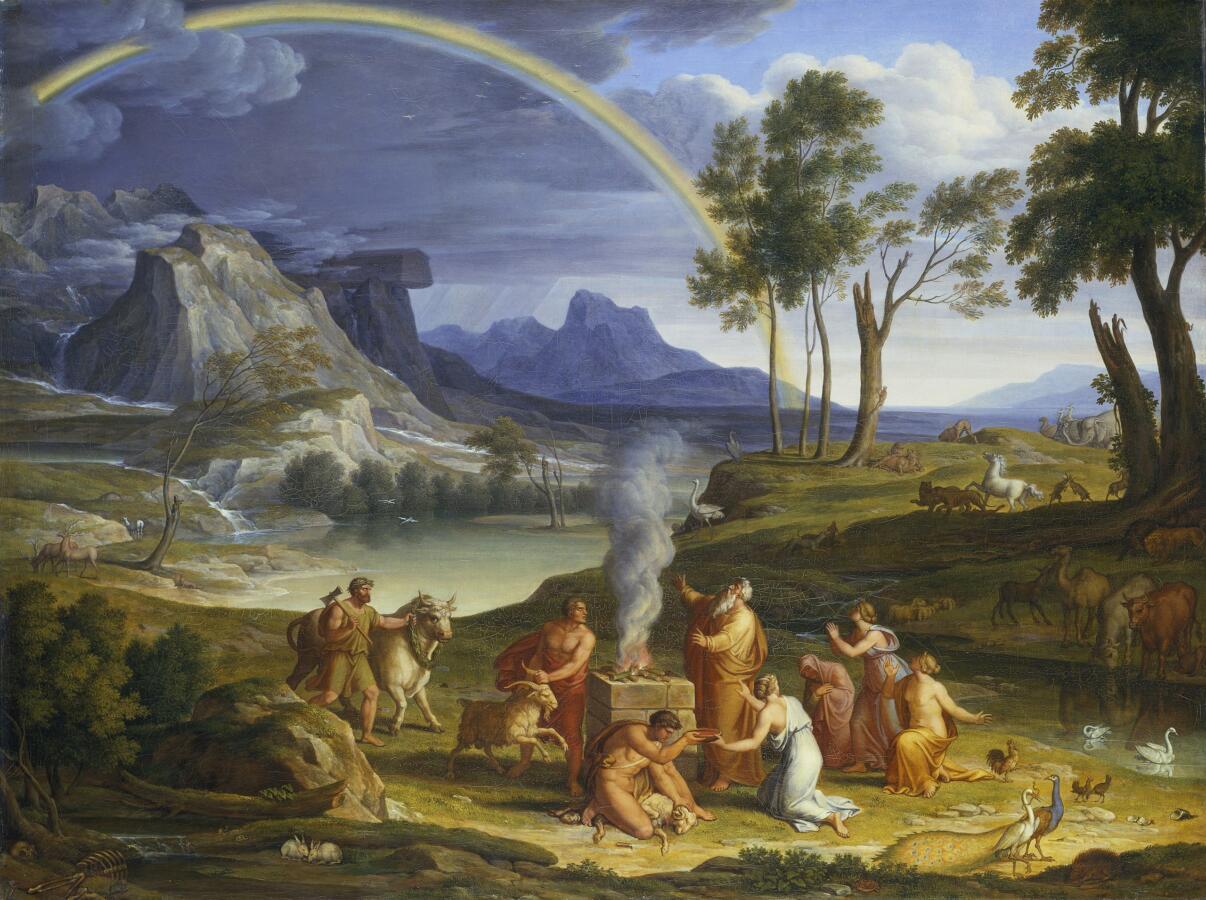Reading of sacrifices in the Bible, many are mortified to think that ancient Israelites would slaughter animals at the Temple. It seems primitive, bloody — even barbaric. As someone who has not eaten chicken or meat in over thirty years, I nonetheless want to defend the practice.
When we buy meat, most of us do so after the animal has been killed, sliced up, packaged and priced. We never confront the realities of our purchase or our appetites. We don’t see the actual butchery and don’t think about it. The killing itself, even when it is kosher, has nothing like the sense of sanctity and awe that surrounds sacrifice in the Temple. Those animals were prayed over, offered up with awe and most of those sacrifices were eaten as well, by the priests.
So which is better: A distant slaying followed by a sanitized presentation? Or a sacred acknowledgment that all life is given by God, and taken with a consciousness of God? As a vegetarian, I prefer the latter.
Rabbi David Wolpe’s musings are shared in My Jewish Learning’s Shabbat newsletter, Recharge, a weekly collection of readings to refresh your soul. Sign up to receive the newsletter.
With your help, My Jewish Learning can provide endless opportunities for learning, connection and discovery.



